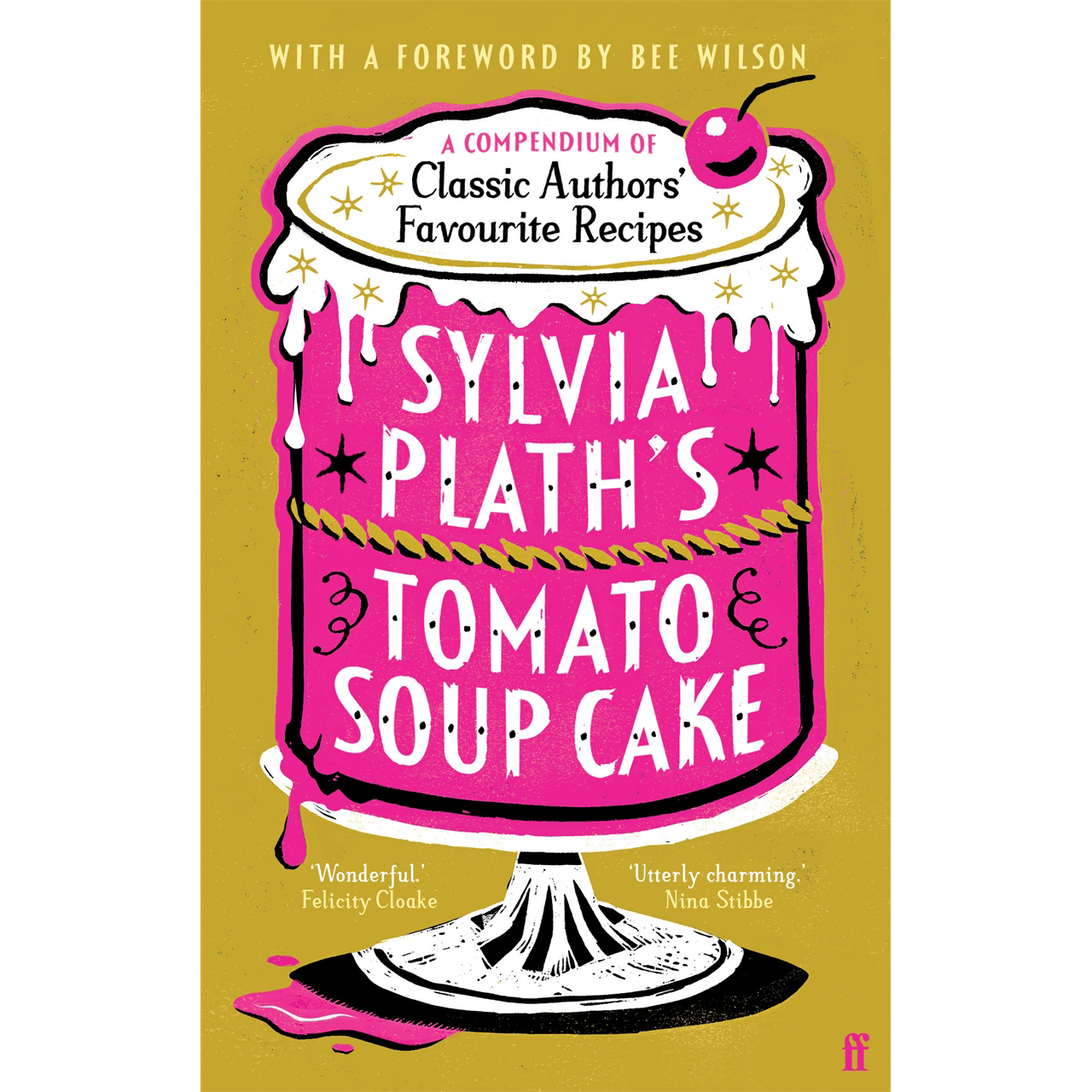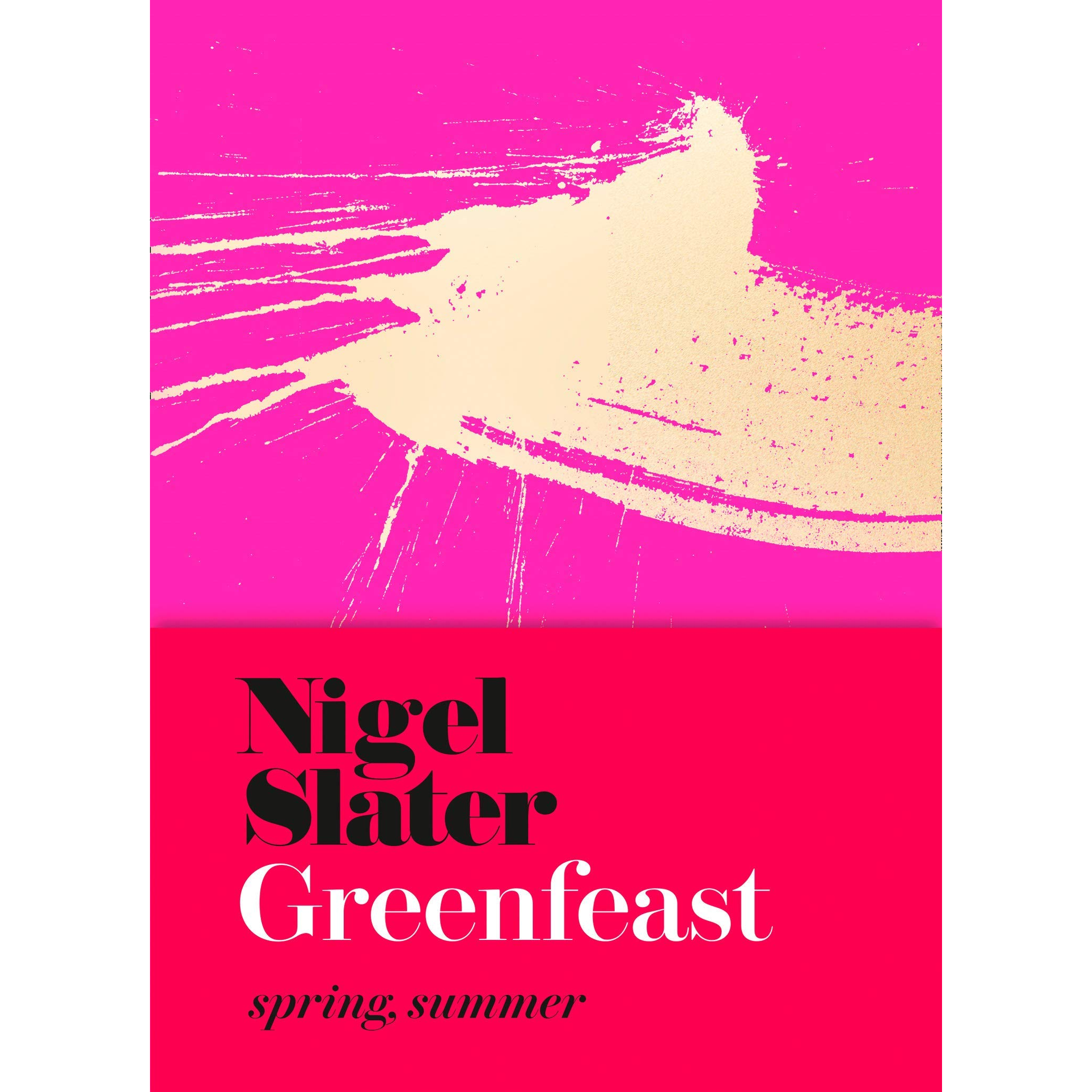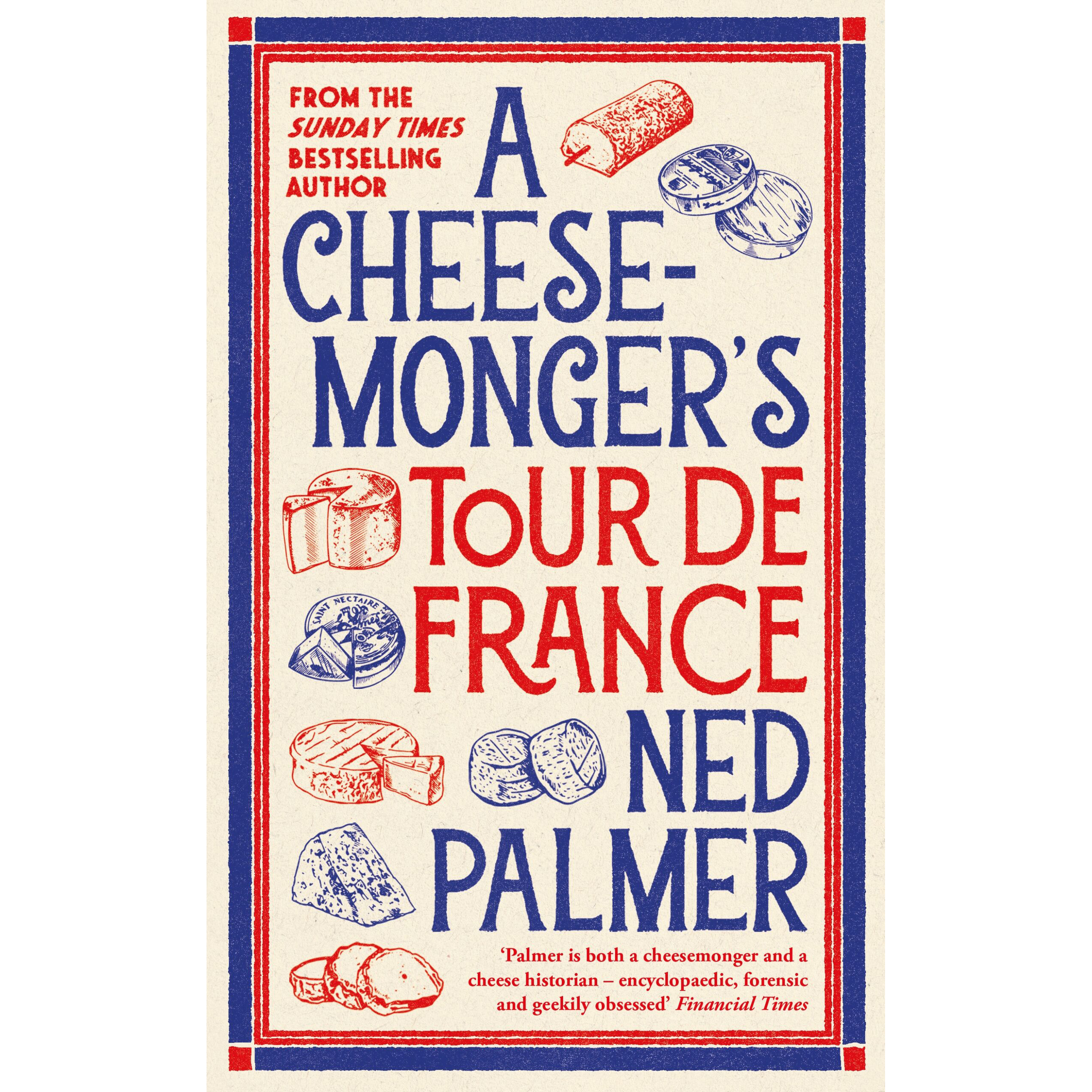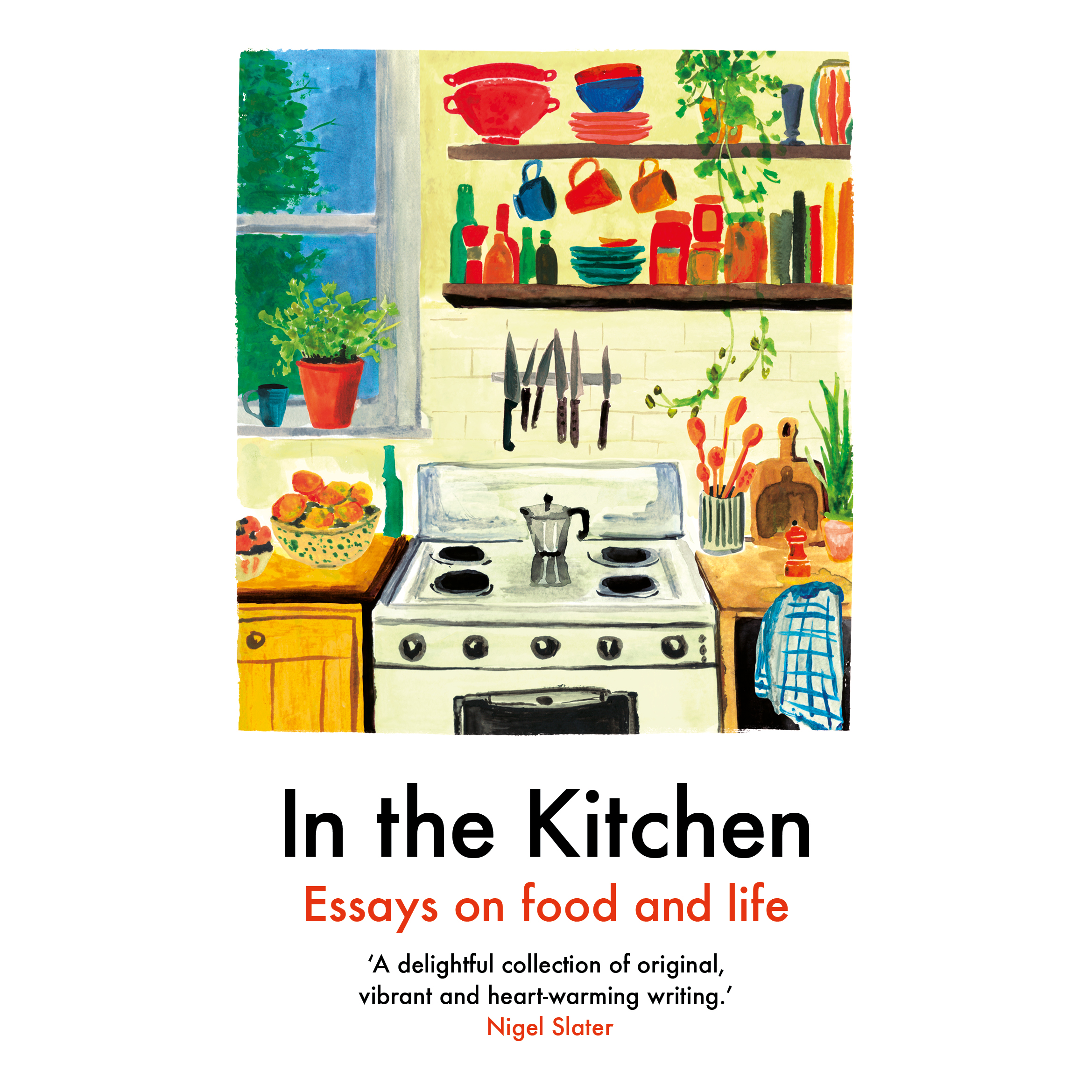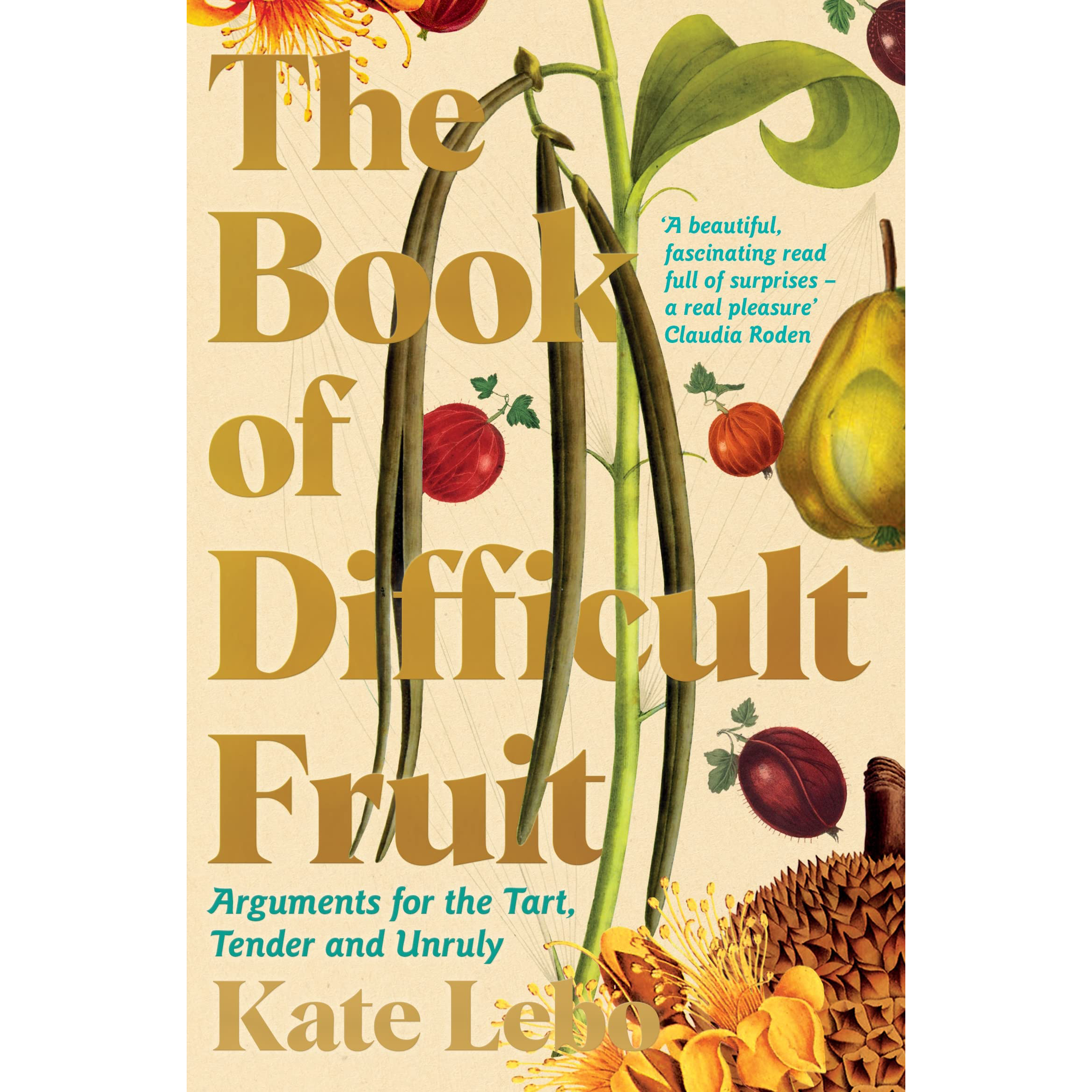 Image 1 of
Image 1 of


The Book of Difficult Fruit
The Book of Difficult Fruit | By Kate Lebo
Inspired by twenty-six fruits, essayist, poet and pie lady Kate Lebo expertly blends the culinary, medical and personal. A is for Aronia, berry member of the apple family, clothes-stainer, superfruit with reputed healing power. D is for Durian, endowed with a dramatic rind and a shifty odour - peaches, old garlic.
M is for Medlar, name-checked by Shakespeare for its crude shape, beloved by gardeners for its flowers. Q is for Quince, which, fresh, gives off the scent of 'roses and citrus and rich women's perfume' but if eaten raw is so astringent it wicks the juice from one's mouth. In this work of unique invention, these and other difficult fruits serve as the central ingredients of twenty-six lyrical essays (and recipes!) that range from deeply personal to botanical, from culinary to medical, from humorous to philosophical.
The entries are associative, often poetic, taking unexpected turns and giving sideways insights into life, relationships, self-care, modern medicine and more. What if the primary way you show love is to bake, but your partner suffers from celiac disease? Why leave in the pits for Willa Cather's Plum Jam? How can we rely on bodies as fragile as the fruits that nourish them? Lebo's unquenchable curiosity leads us to intimate, sensuous, enlightening contemplations. The Book of Difficult Fruit is the very best of food writing: graceful, surprising and ecstatic.
The Book of Difficult Fruit | By Kate Lebo
Inspired by twenty-six fruits, essayist, poet and pie lady Kate Lebo expertly blends the culinary, medical and personal. A is for Aronia, berry member of the apple family, clothes-stainer, superfruit with reputed healing power. D is for Durian, endowed with a dramatic rind and a shifty odour - peaches, old garlic.
M is for Medlar, name-checked by Shakespeare for its crude shape, beloved by gardeners for its flowers. Q is for Quince, which, fresh, gives off the scent of 'roses and citrus and rich women's perfume' but if eaten raw is so astringent it wicks the juice from one's mouth. In this work of unique invention, these and other difficult fruits serve as the central ingredients of twenty-six lyrical essays (and recipes!) that range from deeply personal to botanical, from culinary to medical, from humorous to philosophical.
The entries are associative, often poetic, taking unexpected turns and giving sideways insights into life, relationships, self-care, modern medicine and more. What if the primary way you show love is to bake, but your partner suffers from celiac disease? Why leave in the pits for Willa Cather's Plum Jam? How can we rely on bodies as fragile as the fruits that nourish them? Lebo's unquenchable curiosity leads us to intimate, sensuous, enlightening contemplations. The Book of Difficult Fruit is the very best of food writing: graceful, surprising and ecstatic.
The Book of Difficult Fruit | By Kate Lebo
Inspired by twenty-six fruits, essayist, poet and pie lady Kate Lebo expertly blends the culinary, medical and personal. A is for Aronia, berry member of the apple family, clothes-stainer, superfruit with reputed healing power. D is for Durian, endowed with a dramatic rind and a shifty odour - peaches, old garlic.
M is for Medlar, name-checked by Shakespeare for its crude shape, beloved by gardeners for its flowers. Q is for Quince, which, fresh, gives off the scent of 'roses and citrus and rich women's perfume' but if eaten raw is so astringent it wicks the juice from one's mouth. In this work of unique invention, these and other difficult fruits serve as the central ingredients of twenty-six lyrical essays (and recipes!) that range from deeply personal to botanical, from culinary to medical, from humorous to philosophical.
The entries are associative, often poetic, taking unexpected turns and giving sideways insights into life, relationships, self-care, modern medicine and more. What if the primary way you show love is to bake, but your partner suffers from celiac disease? Why leave in the pits for Willa Cather's Plum Jam? How can we rely on bodies as fragile as the fruits that nourish them? Lebo's unquenchable curiosity leads us to intimate, sensuous, enlightening contemplations. The Book of Difficult Fruit is the very best of food writing: graceful, surprising and ecstatic.


